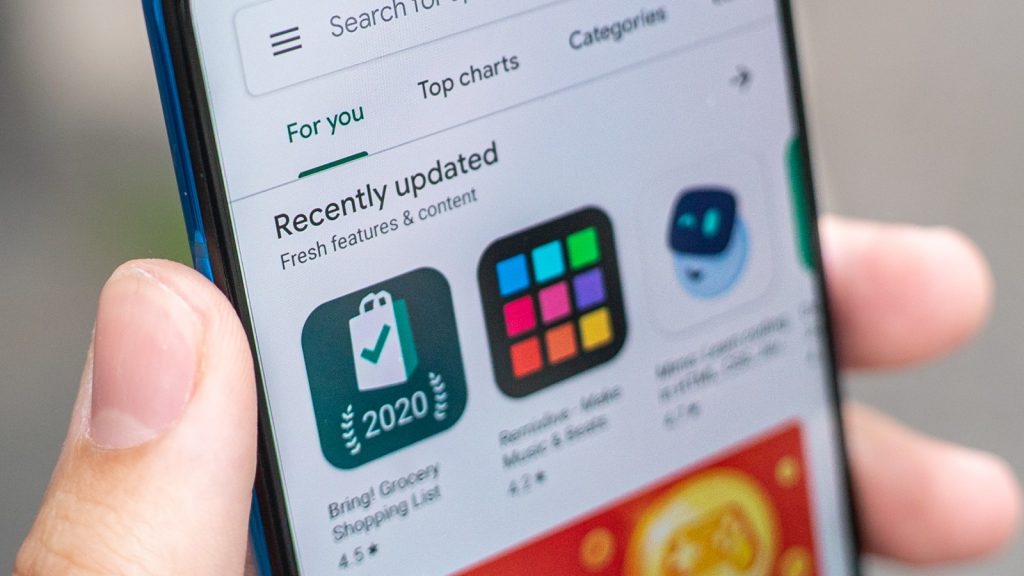With youth unemployment above 60 percent, South Africa is betting on digital skills to drive inclusive growth. Here is how MICT SETA is positioning the next generation for the Fourth Industrial Revolution.
Google Play Store update will get rid of annoying ads, copycat apps

Google has announced an update to its Play Store policy for app developers that will hopefully mean annoying, instrusive ads and copycat apps will be a thing of the past.
Google announced the update to its Developer Program Policy on 27 July. But the changes will come into effect at different dates over the next few months.
There are a variety of incoming changes, including policies around health misinformation and subscriptions.
Many of these are aimed at improving user safety or improving the experience of apps for consumers. Currently, a variety of apps that impersonate legitimate, popular apps crowd the search results on the Play Store.
Furthermore, ads that interrupt users are commonplace in many free apps.
What changes will improve user experience on the Google Play Store?
From 31 August, apps will no longer be able to impersonate other apps.
“We’re updating our Impersonation policy to clarify that the policy prohibits impersonation of other entities or organizations. We’ve also added some new examples regarding app titles and icons,” Google notes in the update.
In its policy preview, Google further elaborates:
“Don’t imply that your app is related to or authorized by someone that it isn’t. Be careful not to use app icons, descriptions, titles, or in-app elements that could mislead users about your app’s relationship to someone else or another app.”
This means that you’re likely to see a variety of mobile games and social media app tools change their titles or risk losing their places in the store.
In terms of ads, Google will ban “unexpected interstitial ads”.
This policy will not apply to ads that the user has opted into — such as when you watch an ad in exchange for in-app currency. The new rules also do not apply to ads that don’t interfere with use or gameplay. As an example, Google lists video content with integrated ads as well as banner ads that aren’t full-screen.
However, the policy will ban the following types of ads in apps:
- Full-screen interstitial ads that show unexpectedly, regardless of format.
- Ads that appear at the beginning of levels in games.
- Ads that appear at the beginning of a content segment.
- Full-screen video interstitial ads that appear before an app’s loading screen (splash screen).
- Full-screen interstitial ads that the user cannot close after 15 seconds, regardless of format.
However, Google has left room for “full screen interstitials that do not interrupt users in their actions (for example, after the score screen in a game app)”, saying they may last more than 15 seconds.
The ads policy will come into effect from 30 September.
Another change that arrives on this date is the need for an app to allow users to more easily cancel their subscriptions.
This change will require app creators to include the ability to cancel subscriptions, or a link to Google Play’s Subscription Center, in the app’s settings menu.
Read more: Snapchat launches premium subscription called Snapchat+
Feature image: Mika Baumeister/Unsplash


